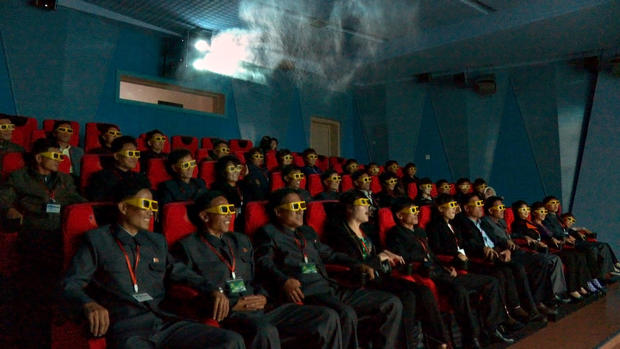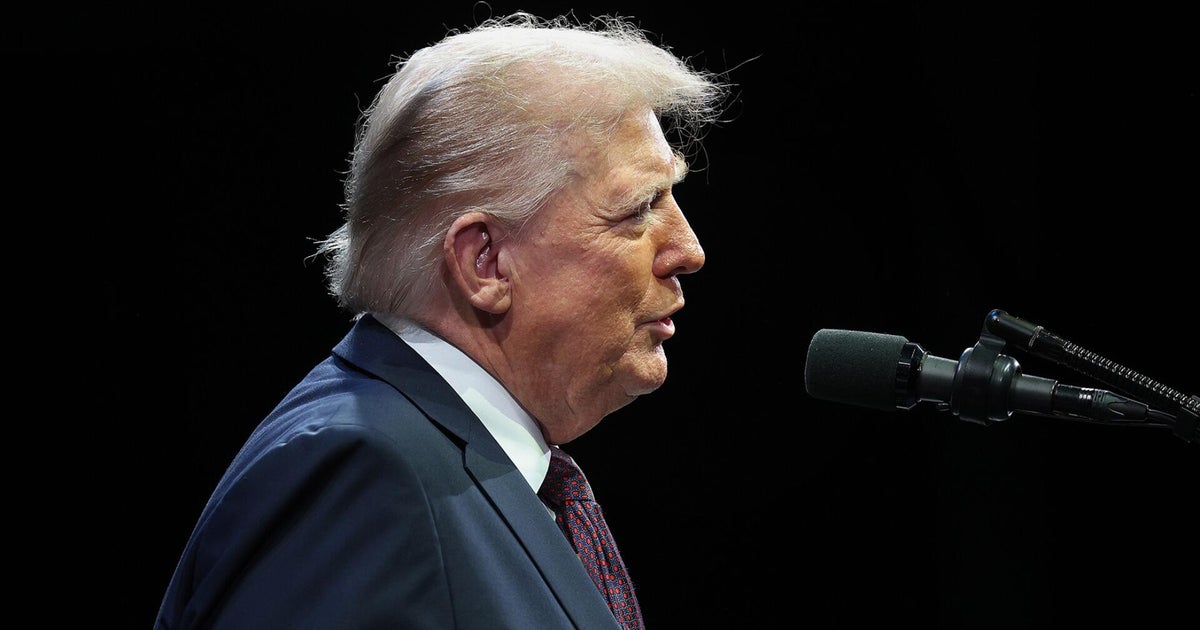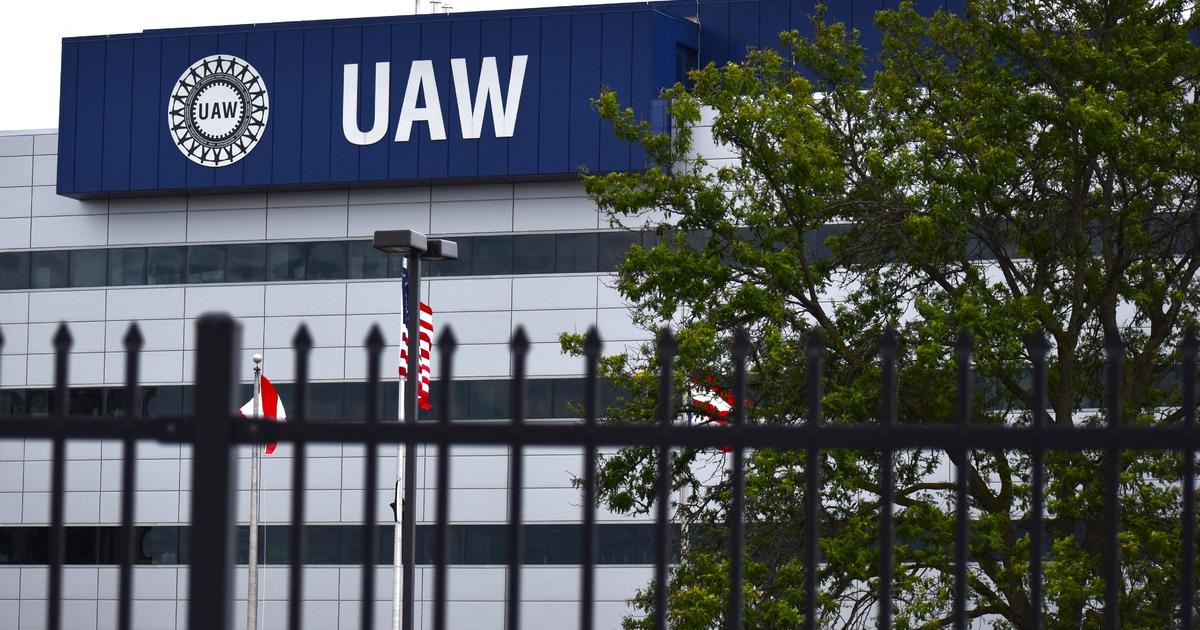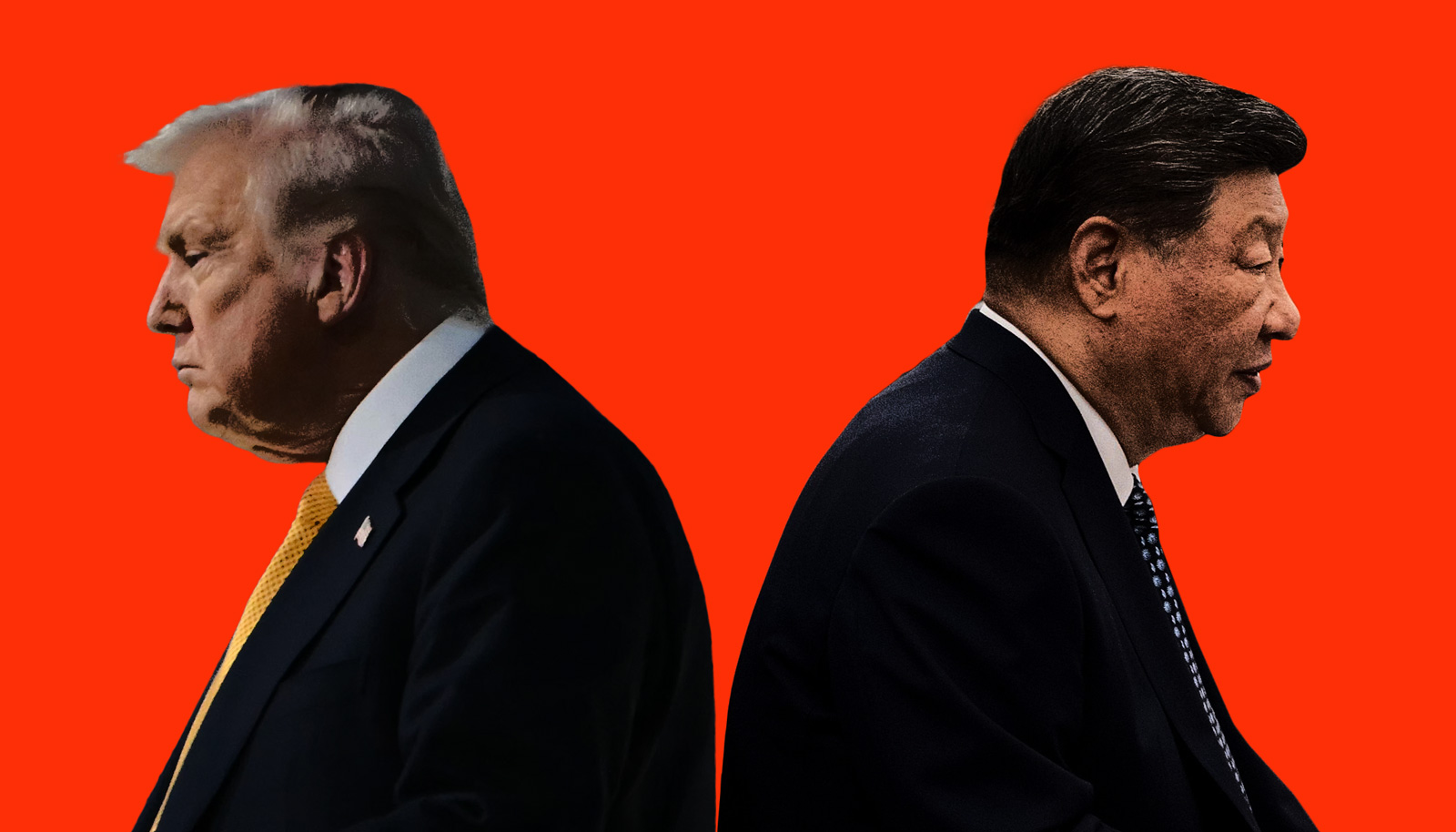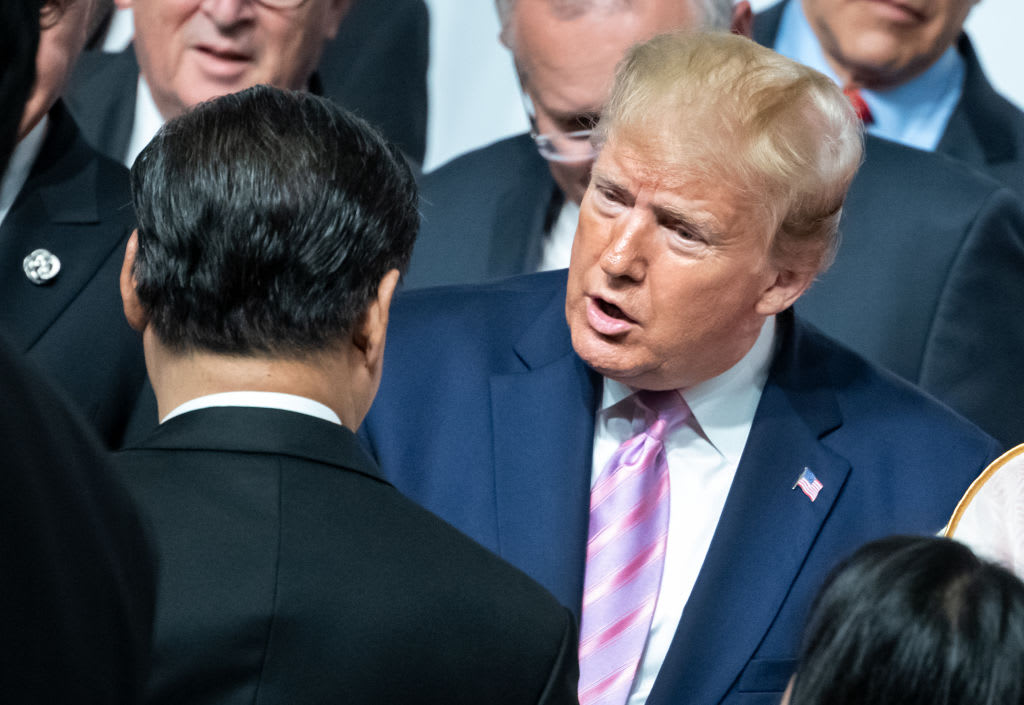Sneaking a look at China's trade with North Korea
BEIJING -- President Trump is in China for a two-day visit, and he is expected to press his counterpart, Chinese President Xi Jinping, to make further cuts to his country's trade with North Korea.
The White House wants to curb North Korean dictator Kim Jong Un's nuclear weapons program by squeezing his ability to fund the program, and forcing the regime to negotiate.
As CBS News correspondent Ben Tracy reports, nearly all of China's trade with North Korea flows through the Chinese city of Dandong, just a half mile across a river from the Hermit Kingdom.
Tracy and his team watched as trucks loaded with goods passed over the single-lane bridge spanning the Yalu River, which forms the border in the region.
Chinese tourists flock to Dandong to catch a glimpse of their notorious neighbor to the north. Journalists, CBS News quickly found out, are less welcome. Just 10 minutes after Tracy and his team arrived on a street lined with North Korean businesses in Dandong, they we were stopped by Chinese police.
The police deleted CBS News' video of goods being sent to the North, so Tracy's team used an iPhone to shoot video from a building nearby, from which we could see what appeared to be construction materials and heavy machinery heading toward the bridge over the Yalu.
It's often difficult to say exactly what is being moved between China and North Korea in the trucks. The Chinese government insists it is strictly enforcing all United Nations sanctions, which now include a ban on North Korea's lucrative exports of coal, iron, and textiles.
In August, just days before those expanded sanctions went into effect, China purchased 1.6 million tons of North Korean coal, worth nearly 140 million dollars. Overall, the Chinese government claims its trade with North Korea has dropped significantly.
But as Tracy reports, China refuses to cut North Korea off at the knees, because it fears if the Kim regime collapses, refugees from the North will stream across the border into China. Worse yet, China worries it would see the U.S. military just across the Yalu River.
Some Chinese traders may be violating the sanctions, including the ban on North Korean seafood. Off camera, one woman at Dandong's fish market admitted to CBS News that some of her fish came from the North, but when the camera was switched back on, she insisted it was all from China.
"Nobody would dare" sell North Korean fish, she told Tracy.
Another Chinese seafood trader asked us to conceal his identity before he'd speak. He said his business was down 60-percent because of the sanctions, but with his face hidden, he acknowledged there was still North Korean fish for sale.
"Yes, definitely yes," he said. "It's a very long border, and you can't watch everyone."
He told CBS News that Chinese fisherman simply go over the border to North Korea, or meet in international waters.
